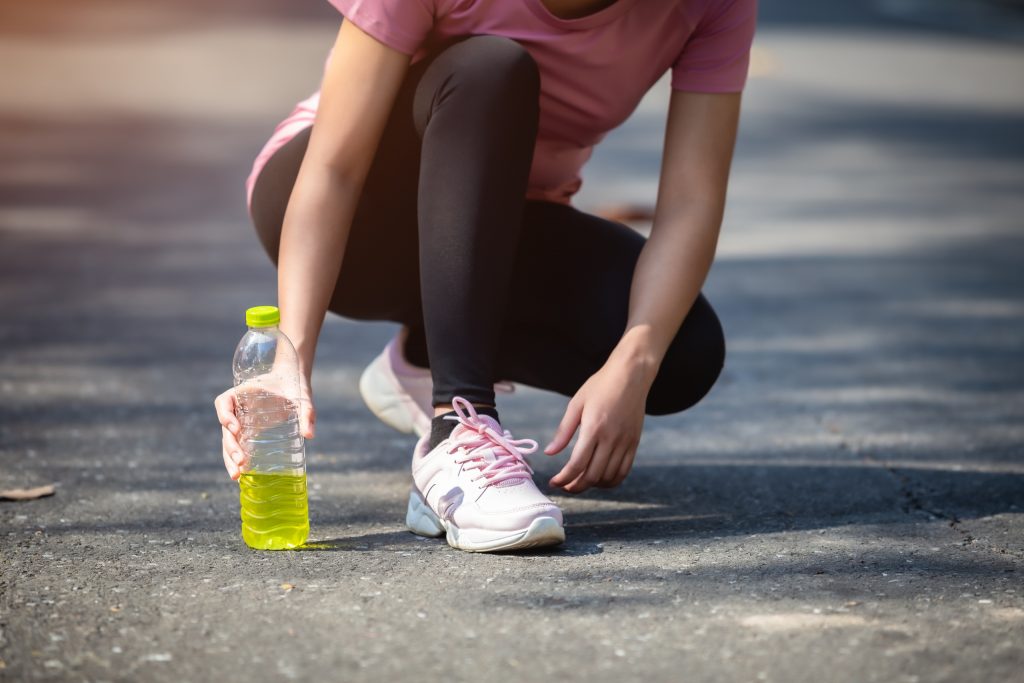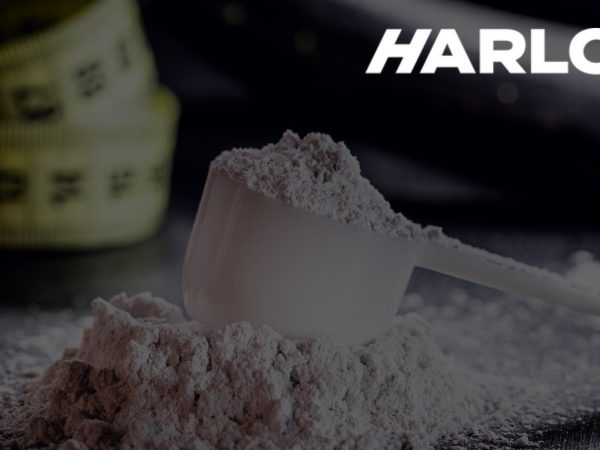Have you been feeling drowsy and tired lately? Maybe it’s because your body doesn’t have enough electrolytes. The right hydration, brain function, and muscle movements all depend on electrolytes, which are important nutrients. You’ve come to the right place if you want to learn how to get more fluids in your body.
Electrolyte changes can happen if you sweat a lot, have certain health problems, or stick to a strict diet. To keep your body working at its best, it’s important to keep getting these vitamins. There are easy and successful ways to get your body’s fluids back to normal and restore balance.
What are Electrolytes?
Electrolytes are chemicals that your body needs and that have an electric charge when they dissolve in a liquid, like human fluids. By keeping the body’s fluid levels in balance, controlling pH levels, and making nerve and muscle function easier, they are very important for keeping the body running properly. Electrolytes are mostly found in the fluids outside and inside cells, where they help keep the body’s water balance.
Sodium, potassium, calcium, magnesium, chloride, and phosphate are some of the most common ions in the body. Sodium helps keep the balance of fluids and blood pressure, and it also makes nerves and muscles work better. Potassium is important for keeping nerve signals, muscle movements, and the heart working right. Calcium is important for healthy bones, blood clotting, and nerve signaling. Magnesium, on the other hand, helps enzymes work, muscles contract, and nerves send signals. Phosphate is important for bone health and energy processing, while chloride is needed to keep the body’s pH balance and fluid levels steady.
Keeping the right mix of these fluids is important for your health as a whole. Unbalanced electrolytes can happen when you sweat a lot, vomit, have diarrhea, take certain medicines, or have a health problem. If these changes happen, they can cause pain, weakness, muscle cramps, seizures, and even conditions that are life-threatening.
Functions of Electrolytes
Electrolytes are chemicals that are very important for keeping many body processes going. Things in our blood, organs, and cells that are electrically charged are among them. Electrolytes are mostly responsible for keeping the balance of fluids in the body, as well as brain and muscle activity.
Electrolytes are firstly in charge of keeping the body’s watery balance. They keep the osmotic pressure in check and make sure that water moves smoothly between body parts. Two ions that are very important for keeping the body’s fluid balance are sodium and potassium. Sodium helps keep the amount of fluids outside of cells stable, while potassium is needed to keep the balance of fluids inside cells. If these chemicals are out of balance, you could become dehydrated or overly hydrated, which can cause a number of health problems.
Second, ions are very important for nerves to work right. They help make and send electrical signals, which are needed for nerve cells and the brain to talk to each other. Nerve cells send and receive signals with the help of sodium, potassium, calcium, and magnesium. They control the membrane potential of neurons, which makes it possible for nerve signals to be sent quickly and effectively. If these chemicals aren’t balanced, it can mess up nerve activity and cause problems like pain, muscle weakness, or even seizures.
Lastly, fluids are important for keeping muscles working properly. Sodium, potassium, and calcium all play important roles in how muscles rest and tighten. Calcium ions are needed for muscle fibers to slide along each other, and these fluids help move calcium ions around in the body. It is potassium in particular that helps keep muscle cells’ resting membrane potential stable. Having too little or too much of these nutrients can cause muscle cramps, weakness, and even seizures.
Symptoms of Electrolyte Imbalance
When the amounts of important chemicals in the body, called electrolytes, are off, this is called an electrolyte imbalance. Electrolytes like sodium, potassium, calcium, and magnesium are very important for many body processes. Several signs can happen when their amounts in the body are off.
Muscle cramps are a regular sign of a chemical imbalance. The muscles that are hurt may tense up and hurt without meaning to. It can be very painful to have these cramps, especially if they happen a lot or last a long time.
If your electrolytes are out of balance, you may also feel weak muscles. Because of this weakness, it may be hard to do normal things like climbing stairs or moving things. Muscle weakness needs to be treated right away because it can make it hard to move around and lower your quality of life in general.
Arrhythmia, or an irregular heartbeat, is a dangerous sign of an electrolyte imbalance, especially when it comes to magnesium and potassium levels. If these ions are out of balance, they can mess up the electrical messages that keep the heart beating at the right rate. This can cause your heartbeat to go fast, slow, or jump around, which is very bad for your health.
Causes of Electrolyte Imbalance
Electrolyte imbalance happens when the body’s salts are spread out in a way that isn’t normal. This mismatch needs to be fixed right away because it can cause a number of health problems. Too much sweating and not drinking enough water are two things that can cause an electrolyte imbalance.
Electrolyte loss can happen when you sweat too much, which can happen with conditions like hyperhidrosis or when you’re working out hard. We lose not only water when we sweat, but also minerals that are good for us, like magnesium, zinc, salt, and chlorine. An electrolyte deficit can happen if the lost ions are not replaced properly.
Electrolyte imbalance can also happen when you are not drinking enough water. The balance of chemicals in the blood can become off when the body loses more water than it takes in. This can happen for many reasons, such as not drinking enough water, drinking too much booze, puking, diarrhea, or going to the bathroom too often.
Electrolyte imbalance can also be caused by kidney disease, some drugs (like laxatives or diuretics), hormonal changes, and some medical conditions (like diabetes or stomach issues).
Electrolyte problems need to be fixed right away because they can lead to signs like weakness in the muscles, tiredness, dizziness, seizures, and even irregular heartbeats. Fluid and electrolyte refilling is a common part of treatment. This can be done by mouth with rehydration products or through an IV if the imbalance is very bad.
Ways to Increase Electrolytes In Your Body
- Drink plenty of water. This will help keep your chemical balance in check.
- Eat Foods High in Electrolytes. To raise your electrolyte levels, eat foods like avocados, bananas, nuts, seeds, and fresh greens.
- Drink coconut water. Electrolytes like magnesium and potassium can be found naturally in coconut water.
- Take electrolyte pills. If your food doesn’t give you enough electrolytes, you might want to take supplements to raise your amounts.
- Replace Electrolytes After Working Out: If you’ve been working out hard, make sure you replace the electrolytes you lost by eating snacks or drinking sports drinks that are high in electrolytes.
- Don’t drink too much alcohol. Too much alcohol can make your body lose fluids, so limit how much you drink to keep things in balance.
- Watch how much sodium you take in. Sodium is an important element that helps the body keep the right amount of fluid in it. Watch how much salt you eat to avoid problems.
- See a doctor if you need to. If you have serious electrolyte imbalance signs, like cramps that won’t go away or a heartbeat that isn’t normal, you should see a doctor to get a right diagnosis and treatment.
By using these tips and eating more foods that are high in electrolytes, you can make sure that your body stays in balance with the nutrients it needs to work at its best.

Conclusion
Adding more fluids to your body is important for staying hydrated, keeping your muscles working well, and your general health. You can keep your electrolyte levels healthy and at their best by eating and drinking foods and drinks that are high in electrolytes, staying refreshed, and replacing electrolytes lost during hard exercise or being in the heat. Remember to talk to a doctor if you are worried about your electrolyte levels or if you can’t eat certain foods that could affect how many electrolytes you take in. If you pay attention to your electrolyte balance, you can help your body work well and feel great every day. Increase the amount of fluids in your body by following these tips. Your health and well-being will improve as a result.

